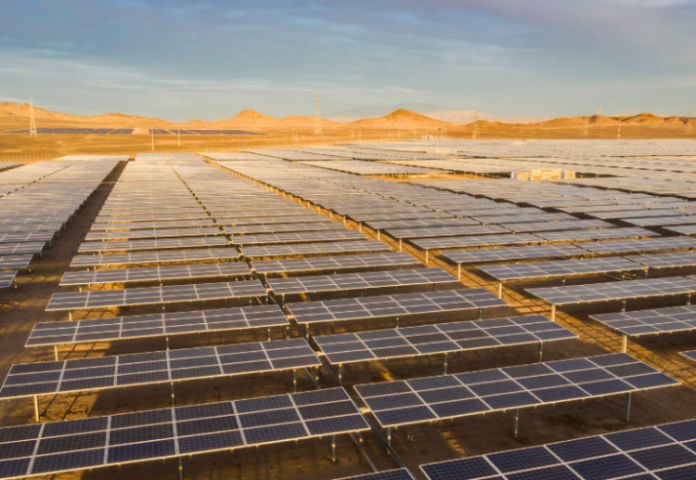The Ministry of New and Renewable Energy (MNRE) has extended the commissioning for solar projects under Tranche-III of the Central Public Sector Undertaking (CPSU) program Phase-II to 30 months from the existing 24 months from when the letter of award (LoA) is issued.
Further, the Ministry has also increased the timeline for the award of the engineering, procurement, and construction (EPC) contracts for projects under Tranche-I and Tranche-II to 12 months from the existing six months from the date of the LoA.
The Ministry had received requests from the Solar Energy Corporation of India (SECI) to extend the timelines for these projects under Tranche-I and Tranche-II. Various stakeholders had also appealed to the MNRE to extend the timeline for projects under Tranche-III of the program. They had claimed that adding a new domestic manufacturing capacity of solar cells was delayed due to Covid-19-related travel restrictions.
Since SECI is the implementing agency for the CPSU program, the Ministry has asked the body to submit the compliance report within 14 days from the date of the notification.
In March 2019, the President of India had?accorded?his approval to implement Phase-II of the CPSU program to set up 12,000 MW of grid-connected solar photovoltaic projects for self-use or use by government entities.
As per the notification, for projects under Tranche-I and Tranche-II of the program, the government agencies that have awarded the EPC contract within six months from the date of the issuance of the LoA should increase the project execution timeline so that the total project timeline is 30 months from the date of the issuance of the LoA.
If the EPC contract was awarded after six months and before 12 months from the date of the LoA, such delay should be regularized, and the government agencies should keep time for the completion of the project within 30 months from the date of the LoA.
If the EPC contract has not been awarded even after 12 months, SECI should assess the readiness of the project for commissioning within 30 months and, based on that, decide to give more time for the award of the EPC project. The overall completion time of the project in such cases would continue to be 30 months from the date of the issuance of the LoA. All other projects will be canceled, and they can apply afresh in future CPSU tenders.
As per the notification, the above timelines do not include extensions given on account of the Covid-19 pandemic, including the five-month?extension?given by MNRE
Recently, MNRE?issued?amendments for setting up 12,000 MW of solar projects with viability gap funding (VGF) by CPSUs for self-use or use by government entities. As per the new amendment, the maximum permissible VGF has been kept at ?5.5 million (~$74,990)/MW, and the actual VGF will be decided through bidding. Earlier, the sum was ?7 million (~$92,288)/MW.
Subscribe to Mercom’s real-time?Regulatory Updates?to ensure you don’t miss any critical updates from the renewable industry.
MNRE Increases Time Allowed for Commissioning CPSU Solar Projects to 30 Months
The time for the award of EPC contracts under Tranche-I and II has been increased to 12 months
Source:MERCOM






